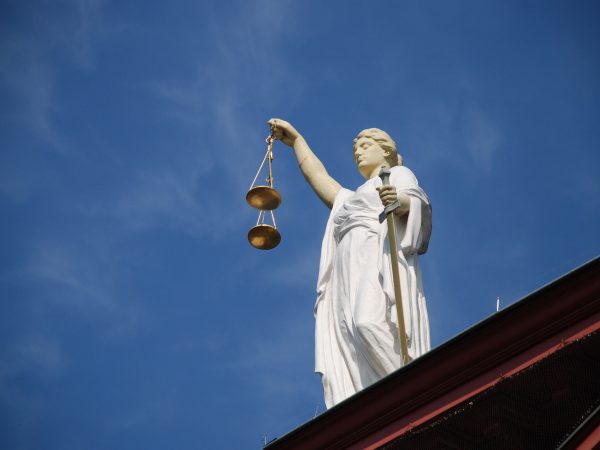Trenton, N.J. – Recently introduced legislation would create a Sexual Assault Survivors’ Bill of Rights in New Jersey (A2287/S3223), enhancing the ability for survivors to understand and access the full range of legal rights and options available to them.
“Navigating the systems, services, and responses available to a survivor after an assault can be overwhelming and complicated,” said Patricia Teffenhart, executive director of the New Jersey Coalition Against Sexual Assault. “This legislation makes it easier for survivors, and their loved ones, to understand their legal rights and options. We all want survivors to receive compassionate and qualified care following an assault, and this bill is a natural step towards that.”
In addition to codifying the right for survivors to be believed and free from suggestion that they are responsible for an assault, the bill also outlines basic procedural rights for survivors, including:
- The right to be notified of existing medical, counseling, and mental health services available;
- The right to choose whether to formally report an assault to law enforcement;
- The right to access a Sexual Assault Response Team, at no cost to the survivor;
- The right for forensic evidence (commonly known as a ‘rape kit’) to be retained for a minimum of five years;
- The right to seek a protective order or restraining order, if the survivor believes they are at risk to be re-victimized.
In late 2016, then-President Obama signed a federal Survivors’ Bill of Rights. Since then, several states have adopted Bills of Rights for survivors. The bill is co-sponsored by Sens. Sweeney and Greenstein.
ABOUT NJCASA: The New Jersey Coalition Against Sexual Assault (www.njcasa.org) is the statewide technical assistance and capacity building organization that represents New Jersey’s 21 county-based rape crisis centers and the Rutgers University Office of Violence Prevention and Victim Assistance. NJCASA elevates the voice of sexual violence survivors and service providers by advocating for survivor-centered legislation, training-allied professionals, and supporting statewide prevention strategies that work to address and defy the socio-cultural norms that permit and promote rape culture.






